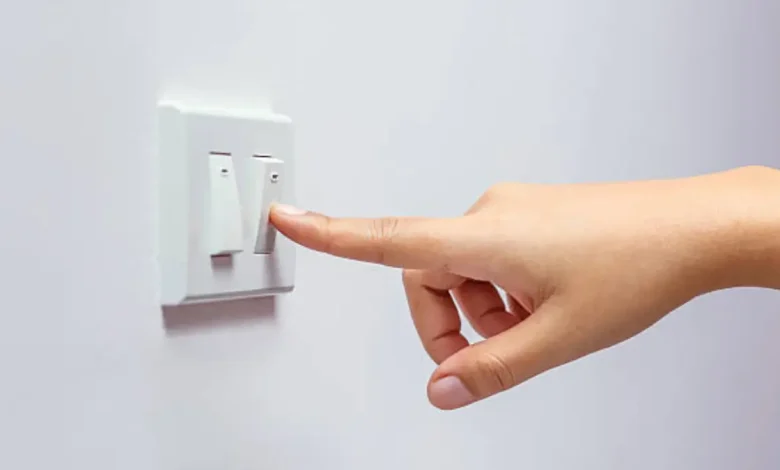Electricity Saving Tips for Low-Income Households

Saving electricity can significantly reduce monthly expenses, especially for low-income households. By adopting simple habits and making small changes at home, you can lower your electricity bills while still maintaining comfort. This article shares practical and affordable electricity saving tips tailored for low-income families to help you save money in 2025.

ALSO READ: Eskom Load Reduction Schedule: These Gauteng Areas Will Be Affected This Week
Use Energy Wisely During Peak Hours
Electricity demand peaks between 5 pm and 9 pm, which often results in higher costs and strain on the power grid. To save electricity and reduce your bill, switch off high-energy appliances like geysers during these peak hours. Instead, heat water earlier in the day when electricity is cheaper and demand is lower. This simple adjustment can lighten the load on the system and save you money.
Maximize Natural Light and Use Efficient Lighting
During the day, open curtains and blinds to let in natural sunlight instead of relying on electric lights. When you do need artificial lighting, use energy-efficient bulbs such as compact fluorescent lamps (CFLs) or LED bulbs. These bulbs consume less electricity and last longer than traditional incandescent bulbs, helping you save on both energy and replacement costs.
Insulate Your Home to Retain Heat
Proper insulation helps keep your home warm in winter and cool in summer, reducing the need for electric heating or cooling. Seal gaps around doors and windows to prevent heat loss or unwanted drafts. Layer blankets and use duvets to keep warm without turning on electric heaters. If you use electric blankets, switch them on only for a few minutes before bedtime and turn them off once the bed is warm.
Use Appliances Efficiently
Operate appliances like dishwashers and washing machines only when they are fully loaded. Running half-empty machines wastes electricity and water. Set washing machines to eco or cold water settings when possible, as heating water consumes a lot of energy. Also, keep your fridge and freezer doors closed as much as possible and set your fridge temperature to around 3°C to optimize efficiency.
Cook Smart to Save Energy
Cooking methods can impact electricity use. Keep oven doors closed while cooking to retain heat and cook food faster. Use lids on pots and pans to trap heat and match pot sizes to stove burners. For small meals, consider using microwaves or slow cookers, which consume less energy than conventional ovens.
ALSO READ: Municipal Tariff Increases Hit 14%: How to Manage Household Electricity Usage
Turn Off Lights and Electronics When Not in Use
Make it a habit to switch off lights, TVs, and other electronic devices when you leave a room. Even devices on standby consume electricity, so unplug chargers and appliances when not in use. This simple practice can noticeably reduce your electricity consumption.
Consider Solar and Alternative Energy Solutions
If possible, invest in solar energy solutions such as solar water heaters or solar panels. Solar water heaters can reduce your water heating costs by up to 50%, while solar panels provide renewable energy that lowers your reliance on the grid. Though the upfront cost may be high, these investments pay off over time by cutting electricity bills.
Take Shorter or Cooler Showers
Heating water accounts for a significant portion of electricity use. Reduce your shower time or take cooler showers to save energy. This small change not only lowers your electricity bill but also benefits the environment.
Monitor Your Electricity Use Regularly
Keep track of your electricity consumption by reading your meter regularly. Understanding your usage patterns helps you identify areas where you can cut back. Additionally, ensure your electricity account details are up to date to avoid billing errors.
Tips to Save Electricity
Low-income households can save significant amounts on electricity bills by adopting these practical tips. From switching off appliances during peak hours to using energy-efficient lighting and cooking smartly, small changes add up to big savings. By managing your electricity use wisely, you improve your household’s financial stability while contributing to a greener environment.
For more energy-saving advice and support, visit the official State of the Nation website and explore local programs designed to assist households in Gauteng and beyond.



